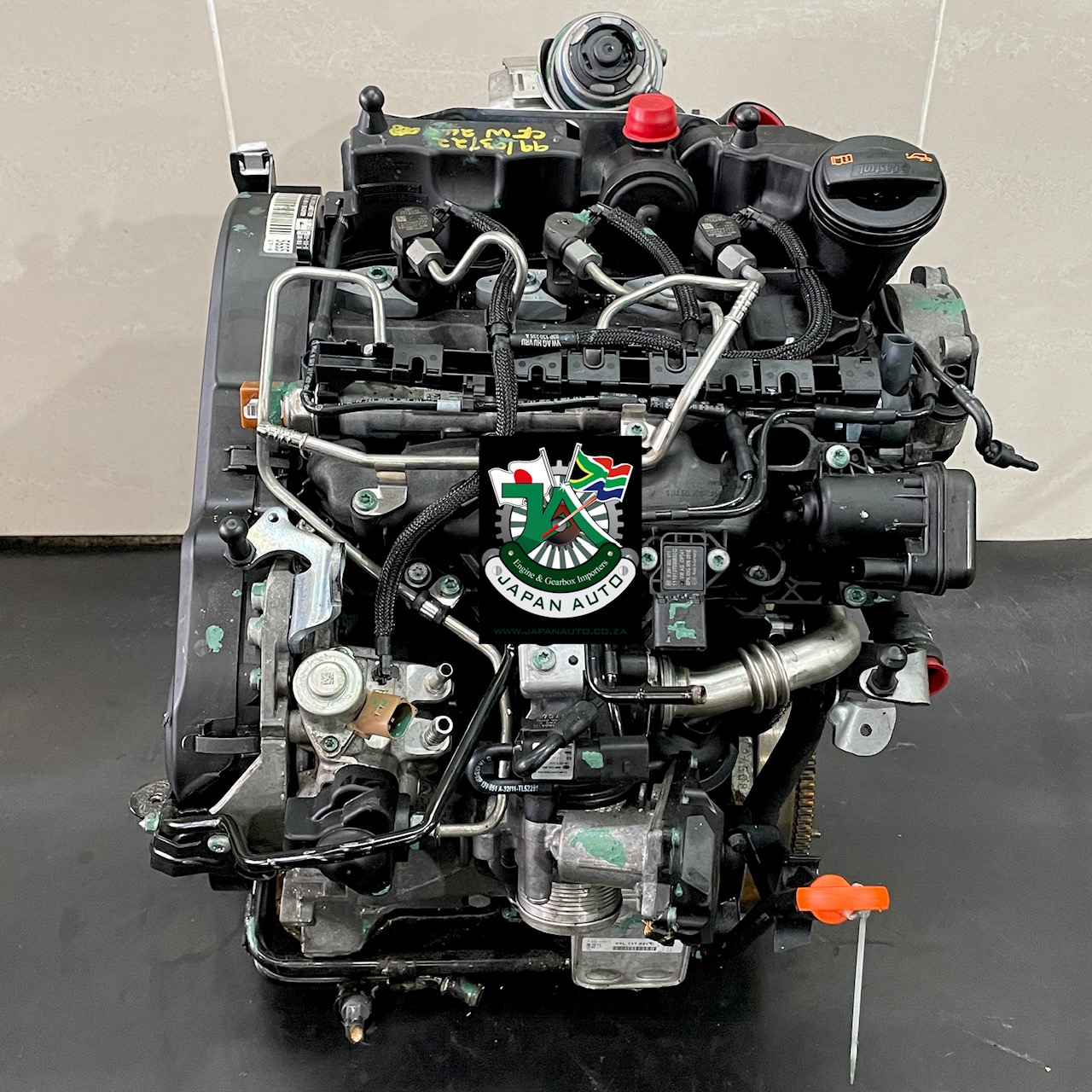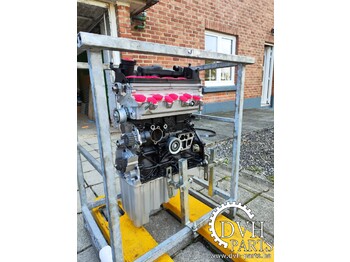Navigating the Process of Engine Selection: Key Elements to Think About
The process of engine option is a diverse endeavor that requires cautious assessment of several crucial elements to guarantee positioning with operational goals. Performance needs, gas efficiency, and monetary restraints are just the start; considerations around environmental impact and maintenance assistance play an essential role in the decision-making framework.
Efficiency Requirements
When choosing an engine, it is essential to develop clear performance demands that straighten with the designated application. Performance demands incorporate a variety of factors, consisting of power output, torque features, and responsiveness, which must be customized to the particular needs of the car or machinery in inquiry.
Power outcome, generally gauged in horsepower, figures out the engine's ability to thrust a car or do a task effectively. Torque, on the various other hand, is essential for applications needing solid initial acceleration or heavy training capacities. An understanding of the operational atmosphere is likewise vital; as an example, engines made for off-road applications may need various performance attributes contrasted to those intended for freeway use.
In addition, think about the operational lots and duty cycle, as these elements affect the engine's long life and reliability. In high-load circumstances, a durable engine style may be essential to stop premature wear or failing. In addition, efficiency requirements must likewise include considerations for exhaust standards and governing compliance, especially in areas with rigid environmental laws. By specifying these efficiency parameters early in the option process, stakeholders can make informed choices that improve general functional efficiency and effectiveness.
Gas Efficiency Factors To Consider
While performance needs are crucial, fuel effectiveness is equally important in the engine option process, as it directly affects operating expense and environmental sustainability. Fuel-efficient engines eat much less gas each of work performed, which not just reduces total expense but additionally decreases greenhouse gas emissions. As organizations progressively focus on sustainability, picking an engine that enhances gas performance can enhance company obligation and compliance with environmental regulations.
When evaluating fuel effectiveness, it is necessary to consider the engine's style and innovation - amarok engine for sale. Innovations such as turbocharging, direct fuel injection, and crossbreed systems can dramatically improve fuel economic situation. Additionally, comprehending the operating problems and duty cycles of the engine application is important; engines might perform in different ways under varying speeds and loads
Additionally, suppliers usually offer fuel intake information that can be used to compare various engine choices. It is a good idea to analyze these requirements in real-world circumstances to ensure accuracy. The kind of gas utilized can likewise influence fuel efficiency; alternative gas might supply better efficiency and reduced exhausts. In recap, gas effectiveness is a multi-faceted consideration that calls for extensive analysis throughout the engine selection process.
Spending Plan and Cost Analysis
Budget plan and price analysis serves as a critical component in the engine choice process, affecting both temporary investments and long-term operational costs. When reviewing possible engines, it is necessary to think about not just the initial acquisition cost but likewise the total expense of possession, which encompasses setup, maintenance, fuel intake, and potential downtime.
A comprehensive evaluation should start with the upfront expenses connected with the engine, including essential adjustments or secondary devices. Nonetheless, focusing exclusively on initial expenses might cause misguided choices. Reviewing operating expense over the engine's life-span is similarly essential, as extra pricey engines could offer premium gas effectiveness or lowered maintenance demands, ultimately leading to cost financial savings.

Ecological Effect Factors
Understanding environmental influence elements is necessary in the engine option procedure, as sustainability considerations have actually come to be significantly crucial for both governing conformity and business responsibility. Organizations must evaluate the exhausts generated by different engine kinds, including carbon dioxide, nitrogen oxides, particle issue, and unburned hydrocarbons. These discharges contribute substantially to air contamination and climate modification, necessitating a careful analysis of the engine's environmental impact.
Moreover, gas type plays a vital duty in environmental effect. Engines powered by eco-friendly power resources, such as biofuels or hydrogen, often tend to have a lower environmental impact compared website here to standard nonrenewable fuel sources. Additionally, the lifecycle evaluation of the engine, from production with procedure to disposal, must be taken into consideration to comprehend the full range of its environmental ramifications.

Upkeep and Support Alternatives
When choosing an engine, the availability of upkeep and assistance choices is an essential factor to consider that can dramatically impact functional performance and durability. Comprehensive upkeep prepares make certain that the engine operates at peak efficiency and minimizes unexpected downtimes. It is important to review the producer's support network, consisting of the availability of qualified technicians and service facilities.
Analyzing the ease of access of extra components is also vital. A reputable supply chain for parts can reduce lead times for fixings and maintenance, consequently enhancing total efficiency. Additionally, take into consideration the simplicity of obtaining technological documentation and training sources, which are essential for making certain that workers are fully equipped to manage routine and emergency situations.
Another important the original source aspect is the warranty and solution arrangements offered by the supplier. These agreements can supply tranquility of mind and monetary security versus unpredicted problems. Eventually, an aggressive strategy to maintenance and support not just extends the life of the engine yet also adds to the general success of the operation. Mindful consideration of these elements will certainly result in informed choices that align with functional objectives and budgets.
Conclusion
To conclude, the process of engine choice requires a thorough evaluation of various vital variables, consisting of efficiency needs, gas performance, budget plan constraints, ecological impact, and maintenance assistance. By meticulously analyzing these components, notified choices can be made that align with functional goals and sustainability goals. Inevitably, a tactical approach to engine choice will certainly make sure optimal efficiency and longevity while attending to environmental and monetary factors to consider efficiently.
While performance demands are important, gas effectiveness is equally crucial in the engine selection procedure, as it directly influences operating expenses and ecological sustainability. As organizations significantly prioritize sustainability, selecting an engine that enhances gas effectiveness can boost business duty and compliance with environmental laws.
Furthermore, recognizing the operating conditions and obligation cycles of the engine application is important; engines might do in a different way under varying speeds and lots. (amarok engine for sale)
Assessing operating expenses over the engine's lifespan is similarly vital, why not try here as extra pricey engines may offer remarkable gas effectiveness or reduced maintenance needs, inevitably leading to set you back savings.
In verdict, the process of engine choice demands an extensive analysis of various vital variables, consisting of efficiency requirements, fuel efficiency, budget restrictions, ecological effect, and upkeep assistance. - amarok engine for sale